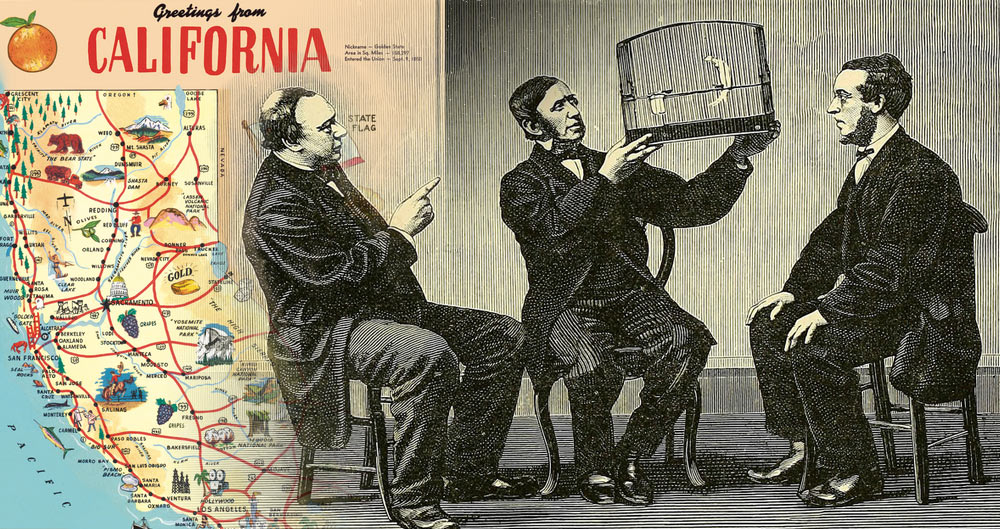A few Babylonian, er, California cities going bankrupt — Stockton, Vallejo, and Bell — should be seen as more than dead canaries in a coalminer’s care.
Indeed, you don’t need special prophetic gifts to see the dangers posed by over-promising cushy pensions to government workers. Californians are coming around. And the state’s governor, Jerry Brown, appears to be “calling for reductions in gold-plated, unsustainable public-sector pensions,” as Nick Gillespie informs us at Reason.
But statewide reforms will not be easy. The problem is huge, presenting grave costs. “Absent the ability to alter pensions, states and localities have to devote more and more of their taxes to simply covering the costs of retired workers,” Gillespie explains. “Worse still, they often raise taxes to cover rising costs, typically at the expense of providing basic services such as police and road maintenance.”
Yes, over-promising defined-benefit pension packages effectively distributes wealth away from basic government services and into the pockets of the people with whom politicians work most closely.
Unfortunately, the courts long ago decided that politicians’ promises to employees outweigh basic government duties. That is, the courts determined that “public-sector employees at all levels of government had an inviolable right to the pension benefits that existed on the day they were hired.”
But the courts seem to be lightening up on this “California Rule,” and the governor has dared mention that, come “the next recession,” some headway might be possible.
No matter what you may think of this rather desperate hope, the writing is on the wall. And it is in red ink and numbers, not Babylonian.*
As America’s Babylon is finding out.
This is Common Sense. I’m Paul Jacob.
* And not “Mene, Mene, Tekel, Upharsin.”











